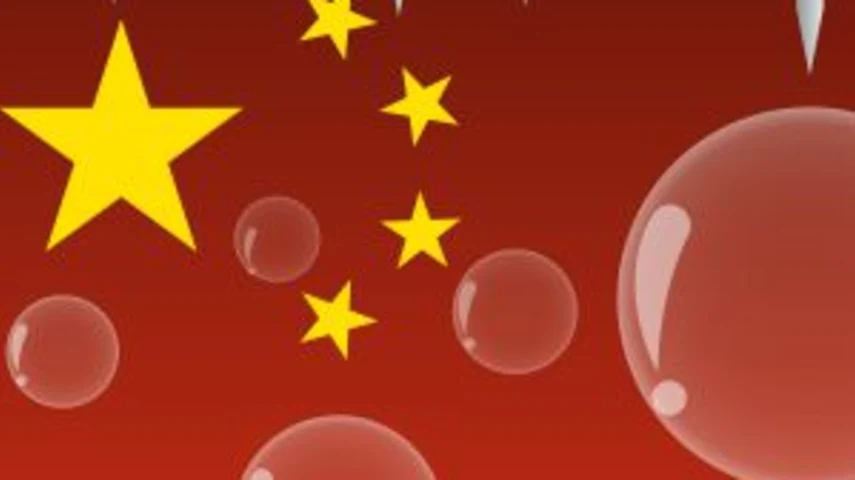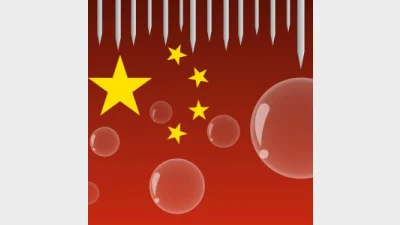Chinese consumers’ confidence up



Chinese consumers feel confident about the economy’s prospects in the next two years, according to a Legg Mason study.
The confidence was attributed to the wealth effect of the property boom cycle in 2016 and 2017, a reduction in pollution due to environmental clean-up, the robust gross domestic product (GDP) rebalancing President Xi Jinping’s rejuvenation plan and the emergency of a new economy.
According to a survey conducted by Huron Report of individuals, the number with net worth more than 10 million yuan (US$1.57 million) compared to the number of respondents who said they were optimistic about their prospects grew by three per cent to 94 per cent.
One of the factors which helped drive the confidence was the importance of the property market in China which remained the preferred investment among the rich in China.
However, Legg Mason stressed it its study that the market was also vulnerable to a property downturn and the majority of wealth gains in 2017 were in Tier 3 cities as opposed to the dominance of tier 1 and tier 2 cities.
As far as ‘great rebalancing’ was concerned, it found that investors mostly focused on China’s debt and overcapacity issues while the rebalancing of GDP was happening at “China speed”.
The expansion of tertiary, or service, industry in China was at eight per cent nominal growth, which was much faster than secondary industry.
Furthermore, as a percent of GDP, tertiary industry already dominated with a 52 per cent share.
China also saw fixed asset investment (FAI) in the environment, healthcare, entertainment, technology and transportation to grow above 10 per cent while FAI in metals and mining showed negative growth, the firm said.
At the same time, China already surpassed developed countries in terms of its move toward a cashless society, with mobile payments growing about the same size as the US credit card market.
Recommended for you
Global asset manager Janus Henderson could be acquired after receiving a non-binding acquisition proposal jointly from a private investment firm and venture capital firm.
Investment manager Salter Brothers has partnered with private equity firm Kilara Capital to launch an Australian sustainable investment platform focusing on decarbonisation.
Fresh off launching three active ETFs to the Australian market, Avantis Investors is already planning to expand its range with two further products next year.
Ausbil is growing its active ETF range with an ESG product in collaboration with sister company Candriam.












